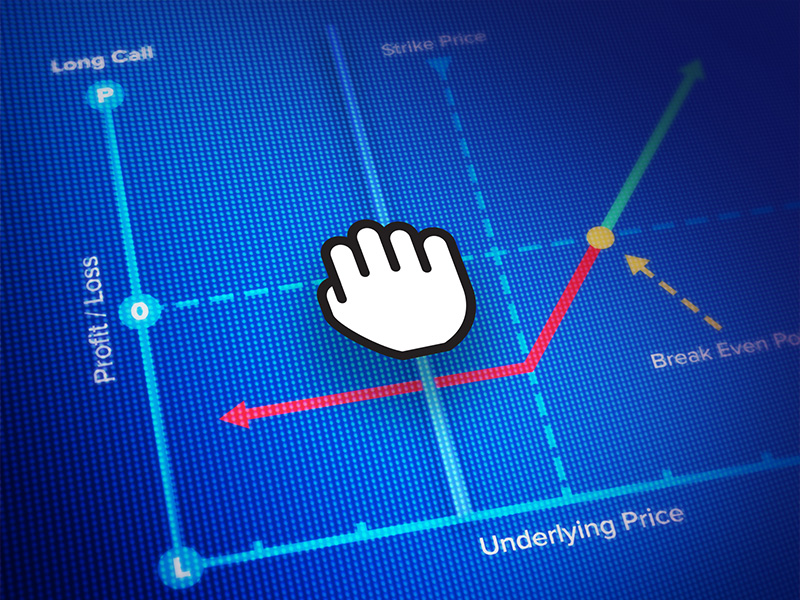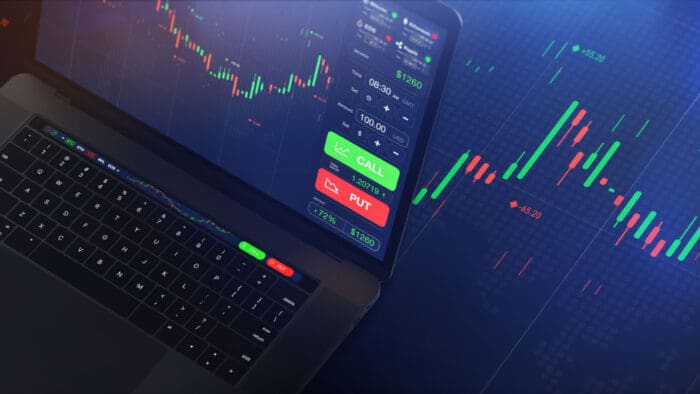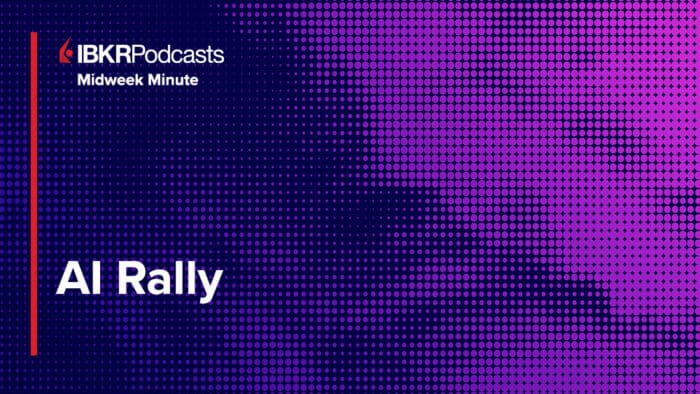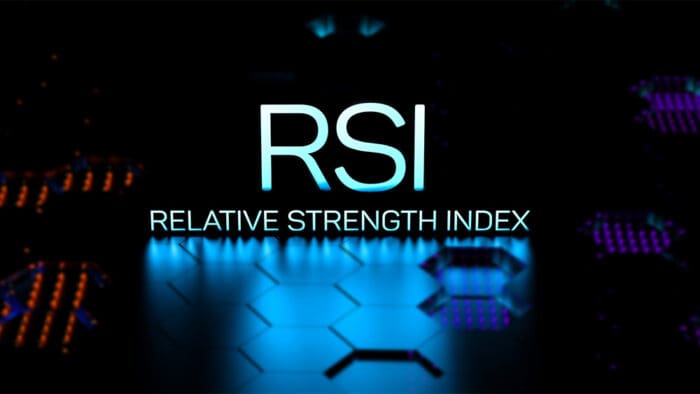The post “Don’t Over-Engineer your Trading Business… Make Money Instead” was originally published on Robot Wealth blog.
Someone sent me their trading technology blueprint. It was a thing of beauty: timeseries databases, Grafana dashboards, message queues, and all sorts of fancy architecture.
My first question: “What are you currently trading?”
Their answer: “Nothing yet. But I’m planning a medium frequency stat arb basket trade.”
I almost spat out my coffee.
Look, I get it. If you come from a tech background, building cool systems is fun. It feels productive. It feels like you’re making progress toward your trading goals.
But I’m going to tell you something that might save you months of wasted effort:
Do not build technology you don’t need yet!
This is so important that I’ll say it again, louder for the people in the back:
Do not build technology you don’t need yet!
The problem is painfully simple: you don’t know what you need until you start trading. Full stop.
You need market experience more than you need fancy infrastructure. Without some real market experience, you’re just guessing about what problems you’ll face and what tools you’ll need to solve them.
Opportunity cost kills
While you’re heads-down building a system that might solve problems you don’t have yet, two terrible things are happening:
- You’re not trading, which means you’re not making money
- You’re not getting market feedback, which means you’re not learning
Both are catastrophic for your development as a trader.
I’ve seen traders spend months building elaborate systems before they ever place a trade (I was one of these traders).
Then, when they finally do start trading, they realise that half their technology doesn’t address the actual problems they’re facing (again, I know this from experience).
A real-world example
When we started trading crypto back in 2021, we thought we needed low-latency execution to trade basis spreads and arbitrage on centralised exchanges. We started designing systems for that.
But as we actually traded, we quickly realised that wasn’t where our edge was. We pivoted to DeFi and ended up doing similar trades on Solana smart contracts, where the competition was less fierce.
Here’s the thing: when we first started, I didn’t even know what Solana was! But because we prioritised trading from day one, we figured out where we could actually compete.
Imagine if we’d spent six months building low-latency execution infrastructure only to discover we had no edge there. That would have been six months of opportunity cost – no trading, no learning, no money.
What to do instead
- Start trading today with whatever you have. Use Excel if that’s what you know. Use a free charting platform. Use manual execution, at least at the start; you’ll learn a ton.
- Solve real problems as they arise. When your manual process becomes too time-consuming or error-prone, that’s when you build something to automate it.
- Prioritise tools that support what you’re currently trading. If you’re doing end-of-day trades on ETFs, you don’t need millisecond-level data infrastructure.
- Be flexible. Your understanding of what you need will evolve rapidly as you gain market experience.
Ask yourself: what can I be doing right now…
- With my existing technology (even if it’s just Excel)
- That is likely to make money
- That won’t consume all my time, so I can gradually build better tools
- And is somewhat aligned with my long-term vision
This is an iterative process, not a linear one. You’re doing the best you can to make money today while gradually building toward your future vision, a vision that will itself evolve as you learn.
Start simple and obvious
At the beginning, prioritise trading simple, obvious edges that don’t require complex technology:
- Risk premia harvesting in liquid ETFs (literally just buying things that tend to be priced cheaper than their expected value due to risk)
- Crypto basis trades between perpetual futures and spot (can be done manually at first)
- Simple pairs trading, where you can find similar assets with mean-reverting spreads
These edges won’t make you rich overnight, but they’ll get you in the game, generating both income and, more importantly, market feedback that will inform what you actually need to build.
Each of these trades will teach you specific lessons and naturally lead you to build tools that actually solve problems you’re experiencing:
- Tools for position and risk management
- Tools for monitoring exposures across venues
- Simple execution helpers to reduce manual errors
Summary
Be a trader first and foremost. Only build technology that solves problems you’re actually experiencing.
Don’t solve future problems that don’t exist yet. Most of those problems will never materialise, or they’ll look completely different from what you imagined.
Your most precious resource isn’t your coding skill. It’s your time. Use it to trade and learn from the market, not to build elaborate systems for hypothetical scenarios.
Because at the end of the day, traders make money by trading, not by building the perfect tech stack.
Disclosure: Interactive Brokers Third Party
Information posted on IBKR Campus that is provided by third-parties does NOT constitute a recommendation that you should contract for the services of that third party. Third-party participants who contribute to IBKR Campus are independent of Interactive Brokers and Interactive Brokers does not make any representations or warranties concerning the services offered, their past or future performance, or the accuracy of the information provided by the third party. Past performance is no guarantee of future results.
This material is from Robot Wealth and is being posted with its permission. The views expressed in this material are solely those of the author and/or Robot Wealth and Interactive Brokers is not endorsing or recommending any investment or trading discussed in the material. This material is not and should not be construed as an offer to buy or sell any security. It should not be construed as research or investment advice or a recommendation to buy, sell or hold any security or commodity. This material does not and is not intended to take into account the particular financial conditions, investment objectives or requirements of individual customers. Before acting on this material, you should consider whether it is suitable for your particular circumstances and, as necessary, seek professional advice.
Disclosure: ETFs
Any discussion or mention of an ETF is not to be construed as recommendation, promotion or solicitation. All investors should review and consider associated investment risks, charges and expenses of the investment company or fund prior to investing. Before acting on this material, you should consider whether it is suitable for your particular circumstances and, as necessary, seek professional advice.
Disclosure: Digital Assets
Trading in digital assets, including cryptocurrencies, is especially risky and is only for individuals with a high risk tolerance and the financial ability to sustain losses. Eligibility to trade in digital asset products may vary based on jurisdiction.














Join The Conversation
For specific platform feedback and suggestions, please submit it directly to our team using these instructions.
If you have an account-specific question or concern, please reach out to Client Services.
We encourage you to look through our FAQs before posting. Your question may already be covered!